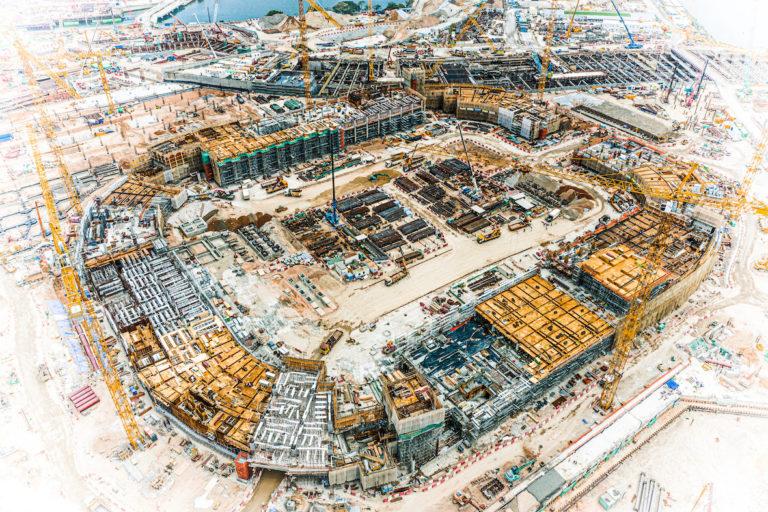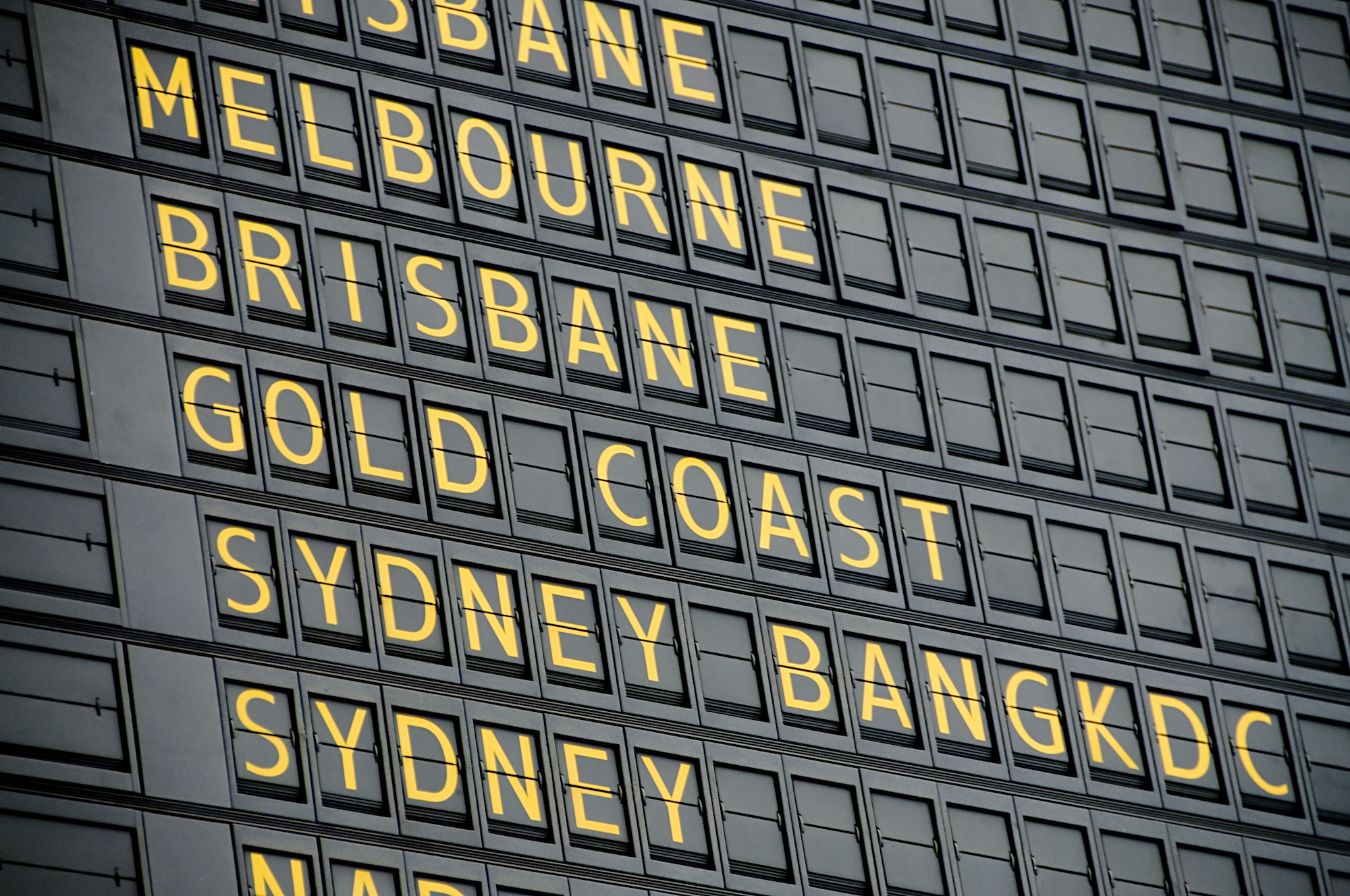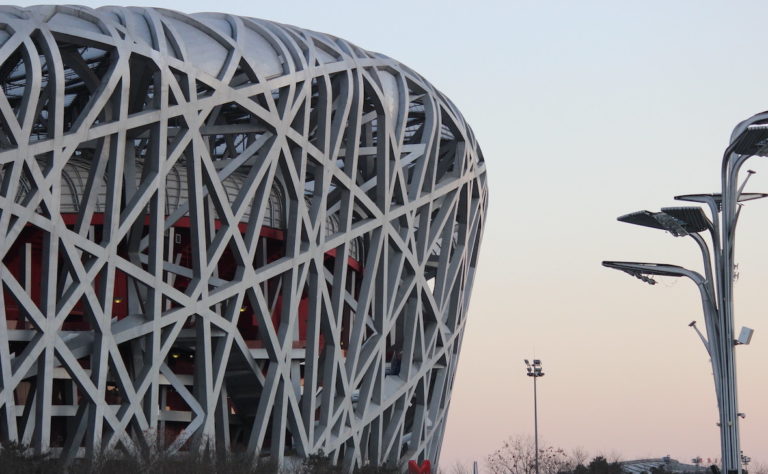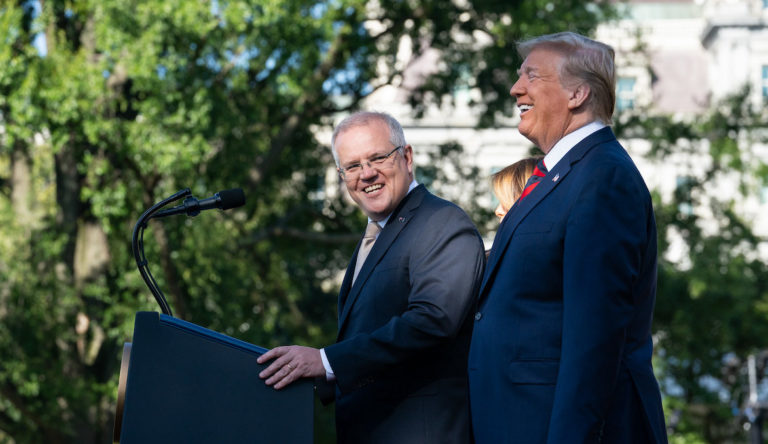
The 2032 Olympics: Urban and environmental planning matters
Mega-events cause extremes of excitement and anxiety for urban planners. Among mega-events, the Olympics is the rarest opportunity – most planners will never get to take it on. Much like athletes winning gold, planners who deliver a successful Olympics secure a permanent professional legacy.


 Professor Scott Baum
Professor Scott Baum
